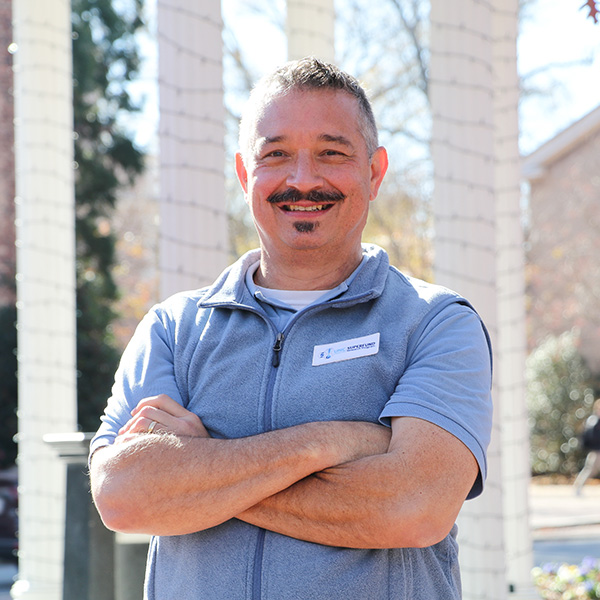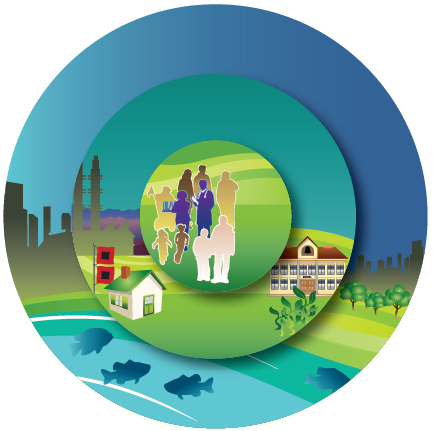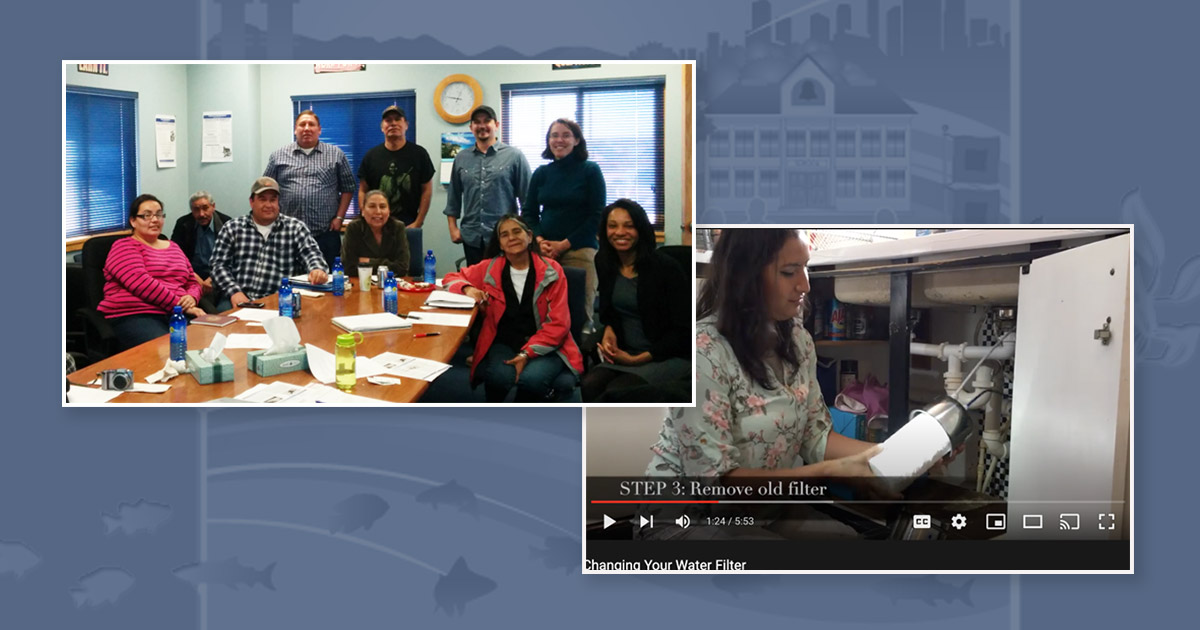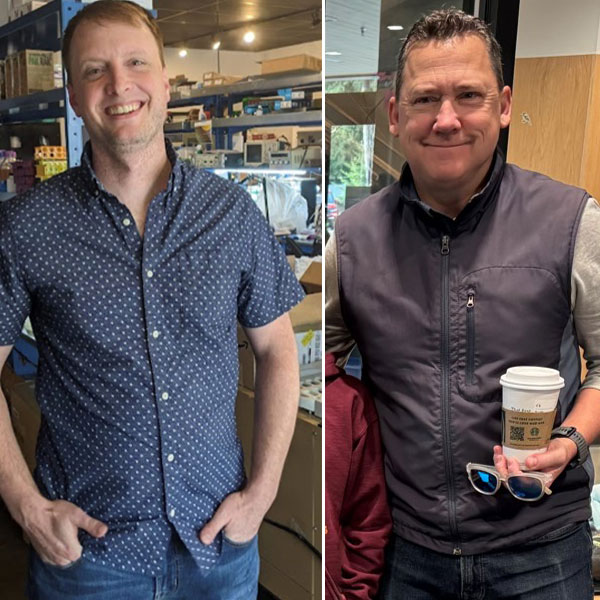Partnerships for Environmental Public Health (PEPH)
PEPH is a network of scientists, community members, educators, healthcare providers, public health officials, and policymakers who share the goal of increasing the impact of environmental public health research at the local, regional, and national level.
Learn more about PEPHPodcast: Environmental Health Chat Podcast Series

The Evolution of the Community Engagement Core
March 06, 2025In this episode, we’ll hear how Community Engagement Cores around the country have advanced community engagement in research, and best practices for working with communities.

Reducing Pesticide Use in Child Care Centers
October 23, 2024In this episode, we’ll hear about an approach to reduce pesticide use in child care centers and the importance of collaboration to create healthy environments that support children’s early learning and development.
PEPH Resources
Healthy Families
eBook grounds the science of health in stories of fictional people, their families, and communities to enable readers to explore the risk factors for disease as well as how to prevent disease and promote health and resilience.
Answers to our most frequently asked questions about asthma and allergies.
The Western States PEHSU has an ongoing collaboration with the Center for Integrative Research on Childhood Leukemia and the Environment (CIRCLE) Community Outreach and Translation Core, working to educate clinicians and the public about environmental toxicants that increase the risk of childhood leukemia and other childhood diseases.
Healthy Spaces
The most effective method for removing lead dust combines vacuuming and wet wiping.
Popular graphics, thematic graphics and graphics related to research studies and projects available from the Environmental Health Centers based at USC.
Carbon monoxide (CO) is a gas with no odor, taste or smell. It can harm the health of anyone, even healthy people, by traveling through the bloodstream to the heart, lungs, and brain.
Healthy Communities
This document synthesizes existing science communication literature with insight from decision maker interviews to offer guidelines for translating and sharing environmental health research.
An online resource center about PFAS contaminants in drinking water—helping communities understand their exposures and take action to protect their health.
Webinars
PEPH established its webinar series to promote interactions among grantees, increase awareness of common issues and approaches, and facilitate consideration of emerging concerns. While the primary audience is grantees within the PEPH network, anyone interested in environmental public health is welcome to participate.
PEPH Webinars
Coming Soon

Previous Webinars
Grantee Highlights









